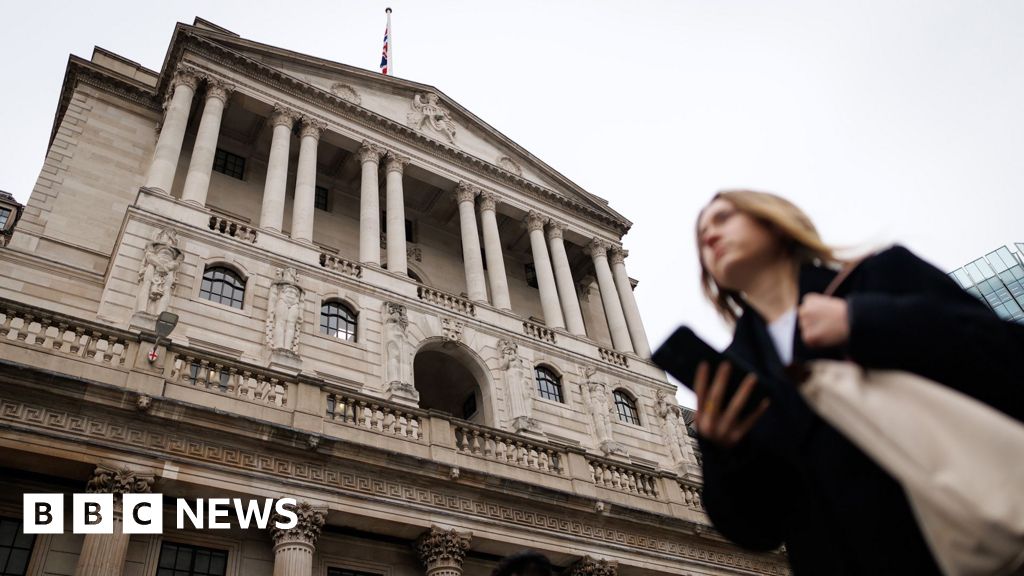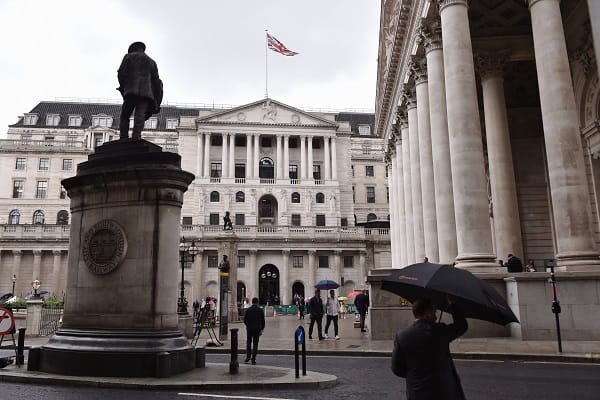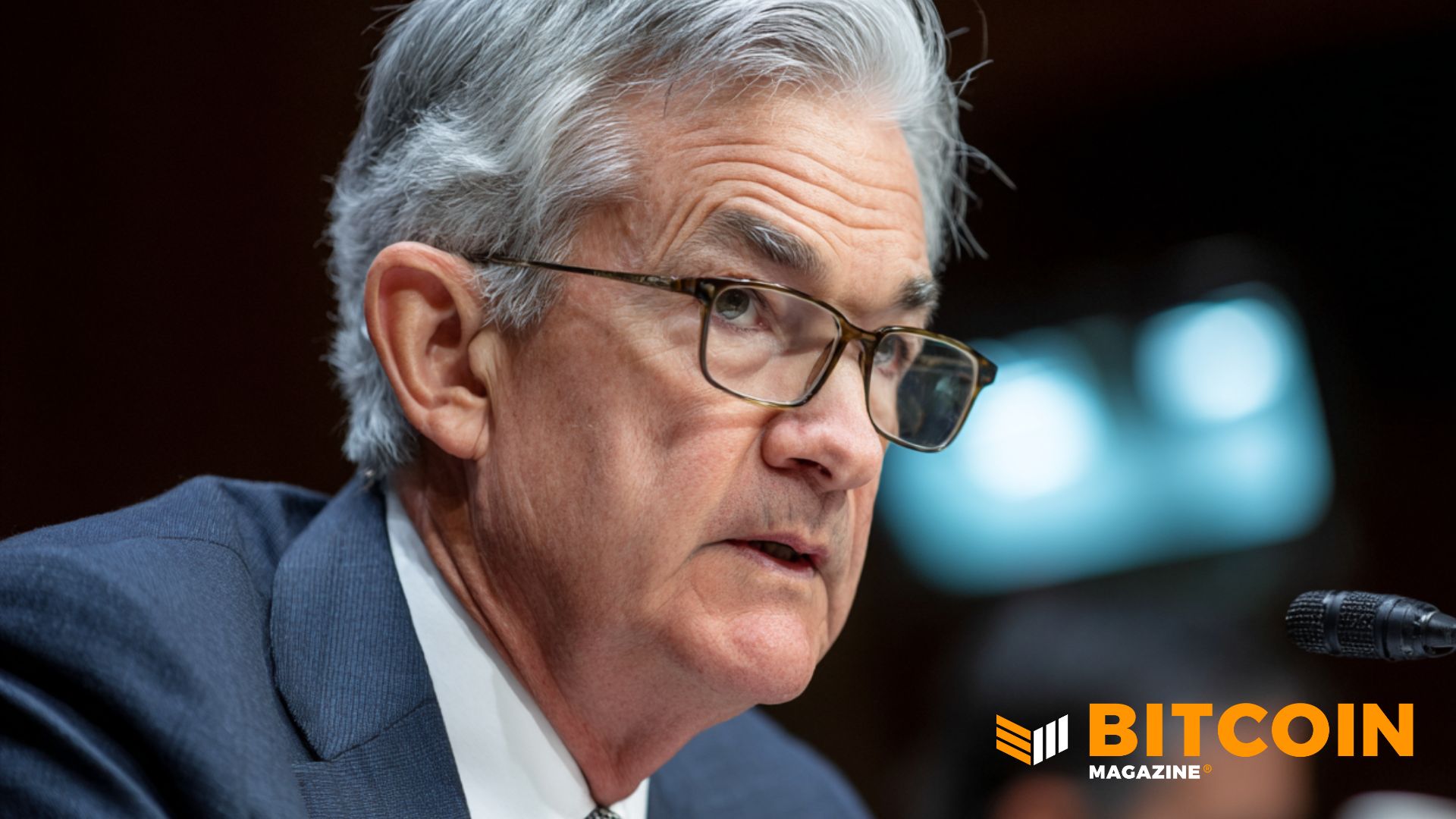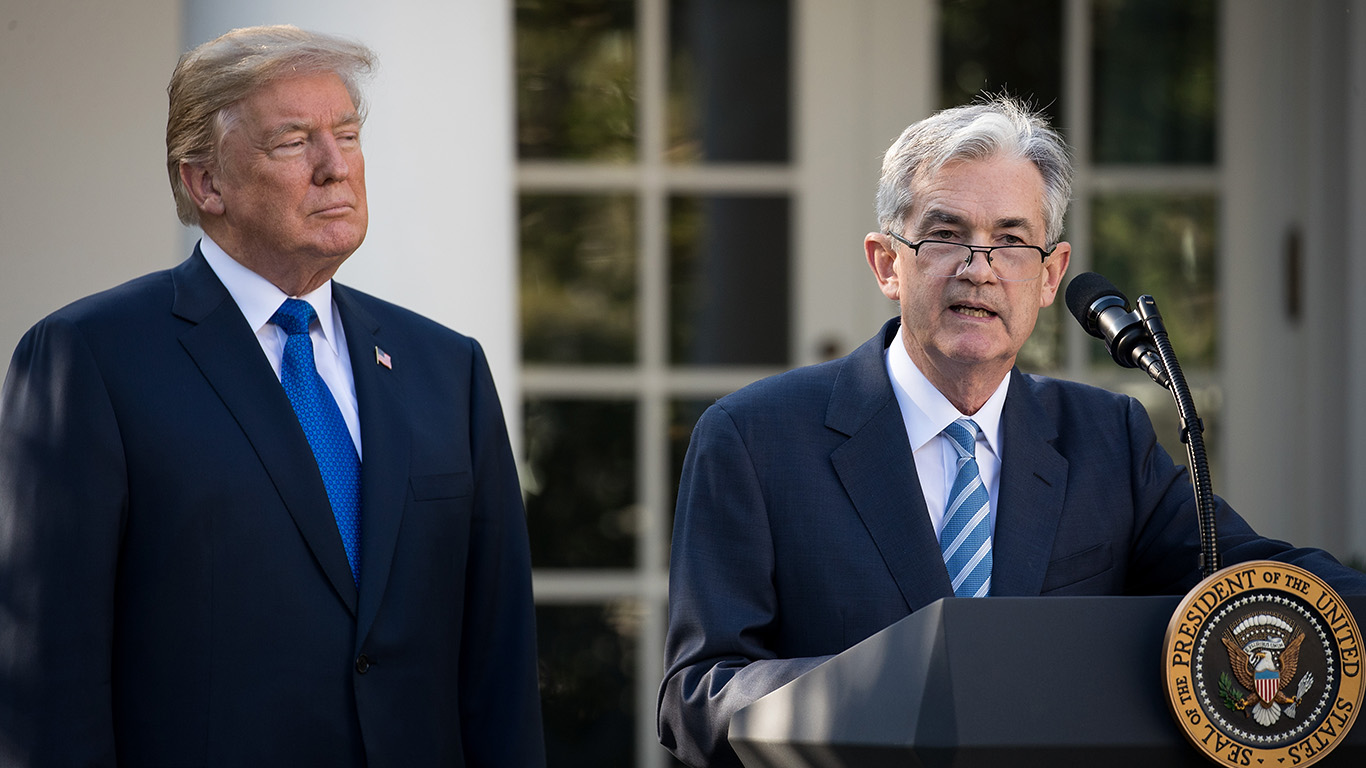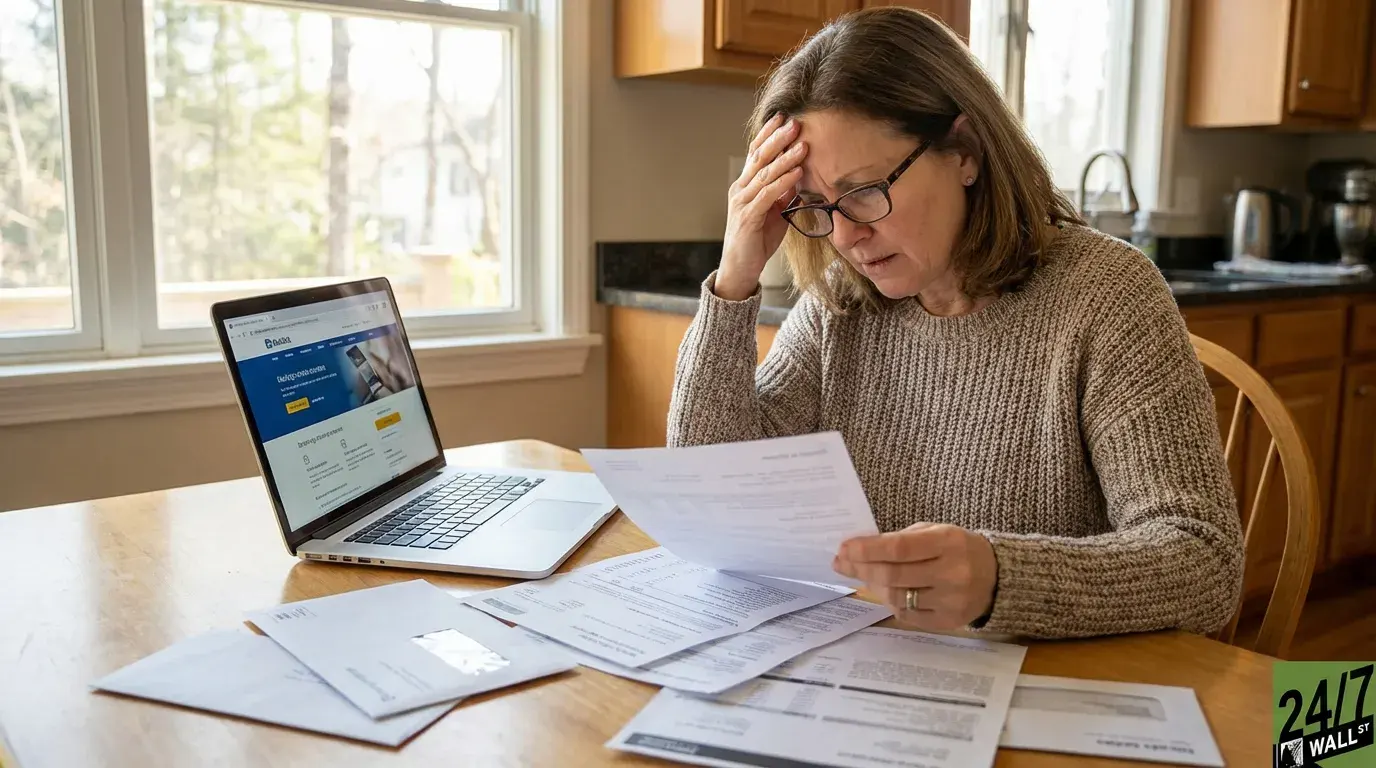#interest-rates
#interest-rates
[ follow ]
#federal-reserve #inflation #monetary-policy #bank-of-england #kevin-warsh #jerome-powell #labor-market
fromwww.independent.co.uk
1 day agoFive cash ISA options you need to know as firms battle for your cash
The benefits of using a cash ISA are clear: no tax payable on the interest earned, regardless of amounts, and you can put in up to 20,000 a year for now. That will change from April 2027, capped at 12,000 (the rest can go into other ISA types), but if you'd even been putting in 150 - nowhere near enough to max your allowance - you'd still have been able to save up more than 21,000 after a decade, assuming an average 3 per cent interest rate.
US news
US politics
fromBusiness Insider
6 days ago3 reasons Nobel economist Joseph Stiglitz thinks the US economy will keep weakening
The US economy faces weakening prospects driven by tariff-induced inflation, declining manufacturing employment, and interest-rate uncertainty, with lower-income households most affected.
from24/7 Wall St.
1 week agoLive Nasdaq Composite: Market Rout Returns With Consumer and Iran in Focus
The markets are under pressure to start the session, with all three of the major stock market averages trading in the red. The U.S. is preparing for potential airstrikes on Iran amid escalating tensions, drawing comparisons to the situation leading up to the Iraq invasion in the early 2000s, though President Trump is hopeful for a deal. The uncertainty has sent the Brent oil price soaring to above the $71 per barrel threshold, while Exxon Mobil ( NYSE: XOM) is tacking on 1% today.
Business
fromLondon Business News | Londonlovesbusiness.com
1 week agoDollar stable as markets await PCE and GDP confirmation - London Business News | Londonlovesbusiness.com
The dollar remained range-bound on Tuesday, reflecting a market caught amid mixed economic data. Caution could dominate the market ahead of Friday's core PCE and updated GDP figures, both of which could recalibrate short-term expectations for US monetary policy. In the meantime, the 2-year and 10-year yields were hovering near multi-month lows, reflecting an increasingly confident market that the Federal Reserve may deliver up to three consecutive interest rate cuts.
Business
UK politics
fromwww.theguardian.com
1 week agoReform UK no longer one-man band', Farage says as he prepares to announce shadow cabinet' appointments UK politics live
UK unemployment rose to 5.2% as wage growth slowed, and Reform UK plans cabinets staffed largely by non-career politicians, with Robert Jenrick as Treasury spokesperson.
fromLondon Business News | Londonlovesbusiness.com
1 week agoThe significant events in the global economy over the past week - London Business News | Londonlovesbusiness.com
U.S. financial markets ended the week on a cautious note as investors weighed strong employment data against growing concerns about the impact of artificial intelligence on traditional business models. Major stock indexes declined, led by technology-heavy shares, reflecting worries that rapid AI developments may disrupt established industries and earnings outlooks. The Nasdaq Composite recorded the steepest losses, while the S&P 500 and Dow Jones Industrial Average also finished lower. Value-oriented stocks continued to outperform growth stocks, extending a trend that has persisted for several weeks.
US news
fromwww.mediaite.com
2 weeks agoFAR GREATER THAN EXPECTED!' Trump Takes Victory Lap After Jobs Report Shows Hiring Jump
Just in: GREAT JOBS NUMBERS, FAR GREATER THAN EXPECTED! The United States of America should be paying MUCH LESS on its Borrowings (BONDS!). We are again the strongest Country in the World, and should therefore be paying the LOWEST INTEREST RATE, by far. This would be an INTEREST COST SAVINGS OF AT LEAST ONE TRILLION DOLLARS PER YEAR BALANCED BUDGET, PLUS. WOW! The Golden Age of America is upon us!!!
US politics
from24/7 Wall St.
2 weeks agoRed-Hot Jobs Report Will Delay Fed Rate Cuts-Lock In These 5 Ultra-High-Yield Dividend Giants
In addition, if the January consumer price index number, to be posted on Friday, comes in below expectations, there may be no rate cuts until the summer, if then. The best move for growth and income investors seeking solid passive income is to start adding top companies now, as interest rates will rise with no help from the Federal Reserve.
Business
fromLondon Business News | Londonlovesbusiness.com
2 weeks agoBetterthanexpected US jobs data clouds path of interestrate cuts - London Business News | Londonlovesbusiness.com
Even though confidence is seeping out of the US economy, employers are taking a glass‑half‑full approach and have taken on more staff than expected. While there could be anomalies in this delayed data release, given the chaos of the partial government shutdown, it does indicate that the US economy is continuing to show resilience. This has helped propel the internationally focused FTSE 100 higher in afternoon trade, as prospects for the world's largest economy appear more upbeat.
US news
fromLondon Business News | Londonlovesbusiness.com
3 weeks agoECB keeps rates on hold despite below-target inflation - London Business News | Londonlovesbusiness.com
The European Central Bank (ECB) held its key interest rates unchanged following the February meeting of the Governing Council, in line with Cebr projections. This marks the fifth consecutive hold, despite a below-target inflation reading of 1.7% in January, the lowest level since 2021. The decision to hold rates also comes despite a recent Euro rally against the dollar, which is expected to add disinflationary pressure through cheaper imports and weigh on growth by making the bloc's exports more expensive.
Miscellaneous
from24/7 Wall St.
3 weeks agoSmall Cap Investors Should Watch This One Number Before Buying SCHA Right Now
The Schwab U.S. Small-Cap ETF (NYSEARCA:SCHA) has delivered a 5.5% return YTD, tracking the broader small-cap market's trajectory. The fund's defining advantage is cost efficiency, at a scant 0.04% annual expense ratio ranks among the lowest in the small-cap category, allowing investors to compound returns without significant fee drag eating into performance over time. Recent coverage has been mixed. MSN positioned SCHA as an "attractive option" given its low costs and past performance.
Business
US news
fromLondon Business News | Londonlovesbusiness.com
3 weeks agoS&P 500 pulls back after PPI data comes in higher than expected - London Business News | Londonlovesbusiness.com
Higher-than-expected PPI readings increased producer inflation concerns, squeezed corporate margins, and prompted a defensive pullback in the S&P 500.
from24/7 Wall St.
3 weeks ago3 "Left for Dead" Dividend ETFs That Will Make a Big Comeback in 2026
It has been trading sideways since 2023 due to a variety of issues. Namely, interest rates have been too high, and this hasn't given REITs the room to recover. Remember, REITs are businesses with high debt loads and high interest rates, which puts disproportionate pressure on them. However, these REITs have been able to avert the worst. They've drawn lessons from 2008, and most of them have paid growing dividends in the past couple of years and have even expanded them.
Business
fromAxios
3 weeks agoWhy Wall Street is unhappy with Trump's pick for Fed chair
Dutta tells Axios: "I don't think people should change their investment plans around Warsh. The Fed is bigger than any one person. At the margin, Warsh represents a bit of uncertainty." One concern is that Warsh will cut interest rates now to appease Trump even if lower rates aren't warranted, which could result in the need for increases later on.
Business
fromSocketsite
9 years agoBenchmark Mortgage Rate Drops along with Probability of a Hike
Having ticked up over the past three weeks, the average rate for a benchmark 30-year mortgage has dropped to 3.43 percent, which is down 5 basis points over the past week and within 12 basis points of the all-time low rate of 3.31 percent recorded in November 2012.
Real estate
fromJezebel
1 month agoGold and Silver Signal the End of American Financial Dominance
"Gold heads for best week since 2008" is not exactly a headline that makes you feel all warm and fuzzy inside, but such is the present state of the American economy. Silver is running hard too, rocketing above $100 an ounce for the first time ever this week. We are in a brave new world where the rules of the old one no longer apply, and the Illuminati on Wall Street have spent the last year realizing this.
US politics
[ Load more ]




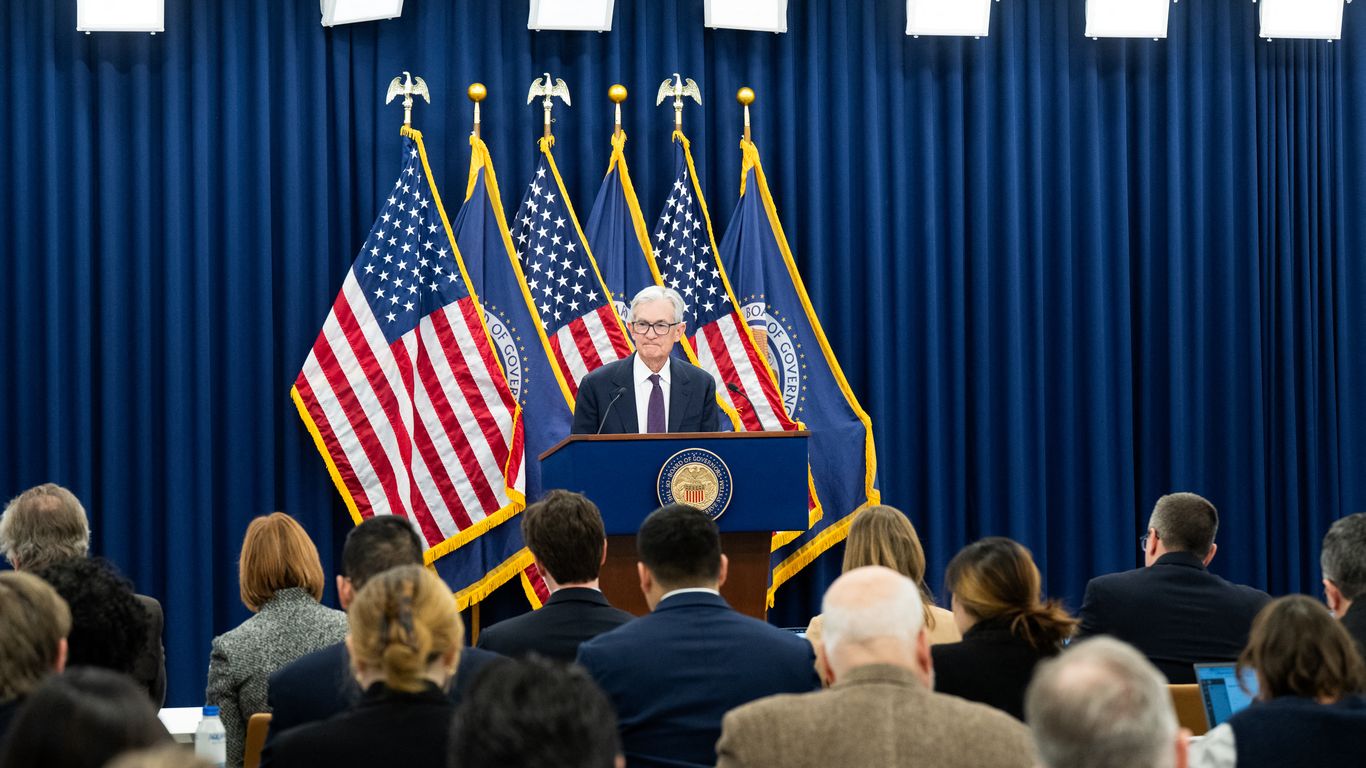






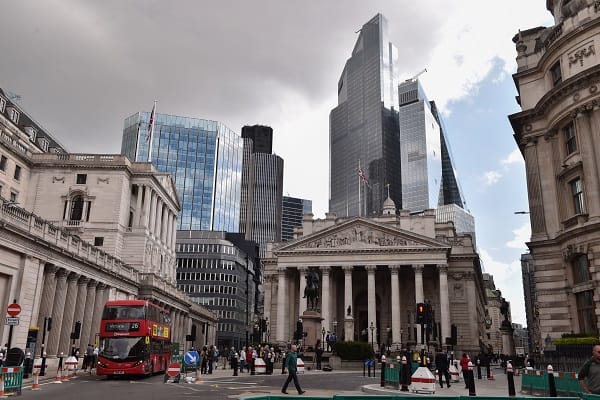






.jpeg?width=1200&height=800&crop=1200:800)
